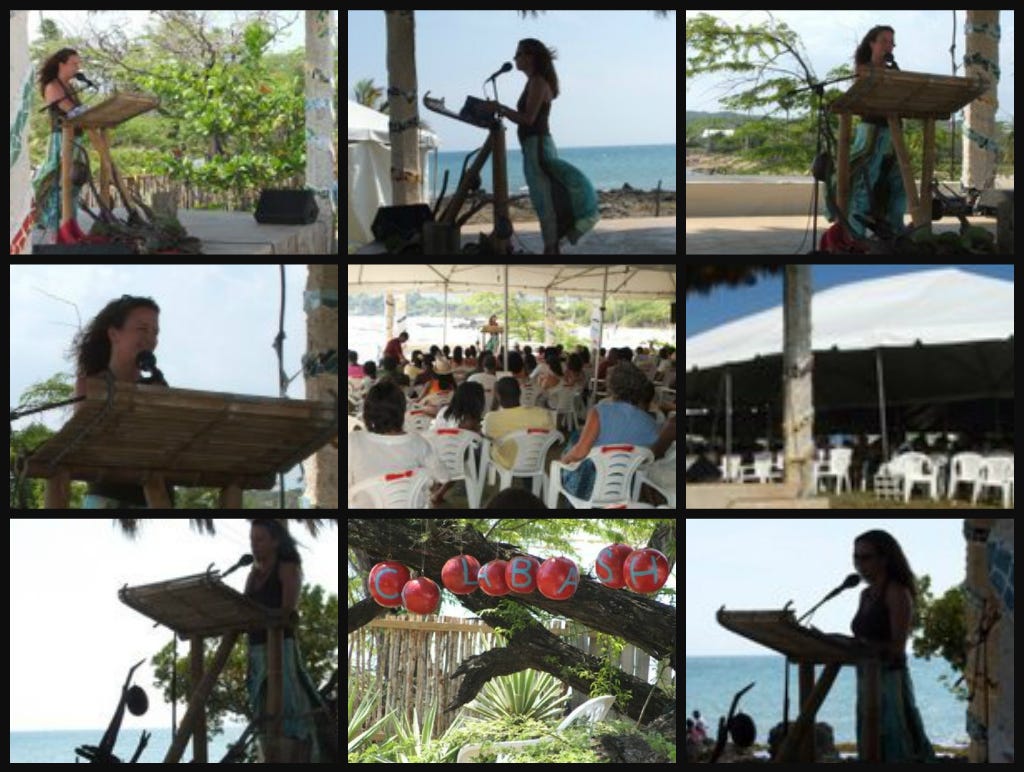From the Archives: POETRY | 'The Natural Prayer of the Soul'
Originally published Friday, June 02, 2006

Treasure Beach, JAMAICA—The moon had risen over the shores of Treasure Beach hours before the poet ascended the bamboo podium and began to read.
An occasional lazy breeze stirred the otherwise balmy torpor of the Jamaican night.
But the crowd of hundreds …



